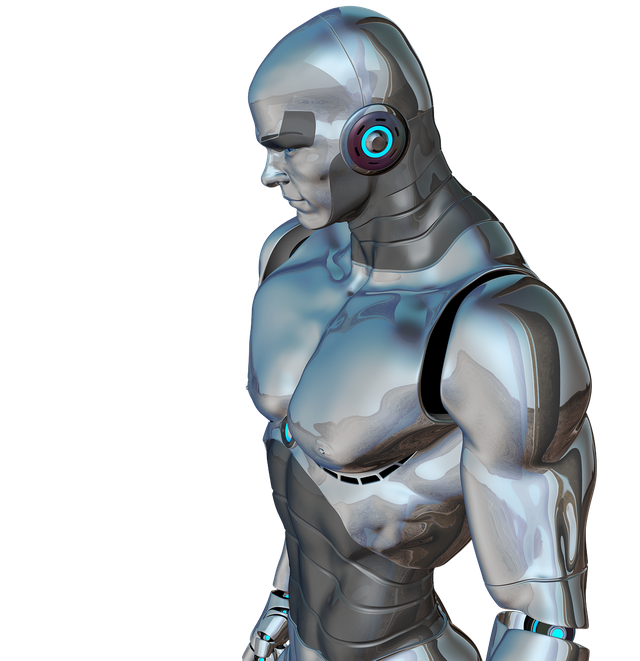
AI's Future Potential
Harnessing the Power of AI for a Bright Future
Introduction:
Artificial Intelligence (AI) has emerged as a transformative technology with the potential to revolutionize various aspects of our lives. From healthcare and education to transportation and entertainment, AI holds immense promise for shaping a brighter future. In this article, we will explore how AI can benefit our future and pave the way for a more efficient, sustainable, and inclusive world.
Advancing Healthcare:
AI has the potential to revolutionize healthcare by improving diagnostics, treatment, and patient care. Machine learning algorithms can analyze vast amounts of medical data to identify patterns, predict diseases, and assist in personalized treatments. AI-powered robotics can assist surgeons in complex procedures, enhancing precision and reducing risks. Telemedicine platforms driven by AI enable remote consultations, expanding access to healthcare for underserved communities.Enhancing Education:
AI is reshaping education by personalizing learning experiences and facilitating better outcomes for students. Intelligent tutoring systems can adapt to individual learning styles, providing tailored instruction and feedback. AI-powered virtual reality (VR) and augmented reality (AR) technologies create immersive and interactive learning environments. Natural language processing enables intelligent chatbots and virtual assistants to provide instant support, fostering a more inclusive educational experience.Transforming Transportation:
AI is driving the transformation of transportation, making it safer, more efficient, and environmentally friendly. Self-driving vehicles powered by AI algorithms can reduce accidents and traffic congestion. AI-enabled smart traffic management systems optimize traffic flow and reduce emissions. Predictive maintenance using AI algorithms ensures the reliability and longevity of vehicles and infrastructure. Additionally, ride-sharing platforms leverage AI to optimize routes and reduce fuel consumption.Fostering Sustainable Development:
AI can play a crucial role in achieving sustainable development goals. Machine learning algorithms can analyze large datasets to identify patterns and optimize resource allocation. AI-powered energy management systems optimize energy usage, leading to reduced waste and lower costs. Smart grids equipped with AI algorithms enable efficient distribution of electricity and integration of renewable energy sources. AI can also assist in monitoring and mitigating environmental risks, such as climate change and natural disasters.Promoting Economic Growth:
AI-driven innovations have the potential to spur economic growth and create new job opportunities. Automation of repetitive and mundane tasks frees up human potential for more creative and high-value work. AI-powered data analysis enables businesses to gain valuable insights and make informed decisions. Startups and entrepreneurs can leverage AI technologies to develop innovative solutions and disrupt traditional industries. The overall economic impact of AI is expected to be significant, driving productivity and competitiveness.
Conclusion:
As we embrace the potential of AI, it is important to harness its power responsibly and ethically. Collaboration between policymakers, researchers, and industry leaders is crucial to ensure that AI is deployed for the benefit of all, addressing concerns such as privacy, bias, and accountability. By leveraging AI in healthcare, education, transportation, sustainable development, and economic growth, we can shape a future that is more inclusive, efficient, and sustainable, improving the overall quality of life for individuals and communities worldwide.